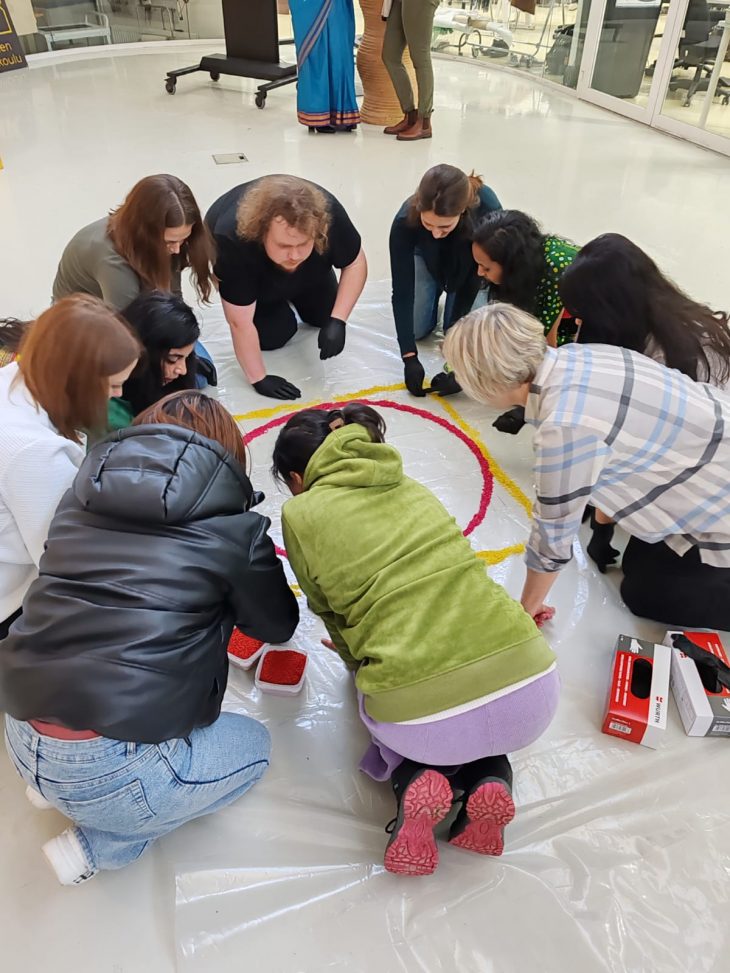
Intercultural Competency
Culture is a field that comprises the religion, language, rituals, customs, art and craft, and habitual actions of a community. Culture encompasses the qualities of individuals belonging to different social groups in building up an individual from childhood. These upbringings based on shared beliefs, morals, social norms, traditions, and rituals will interpret the personality of the individual. It adds a cultural tag to the individual by enabling others to recognize themselves.
In the dynamic conditions, we connect people from numerous cultural backgrounds be it in a professional setting, in an educational institute, or in social groups who carry distinct personalities. Intercultural Competency skills play a significant role in moving forward by adjusting to the cultural changes. Simply, Intercultural Competency addresses the sphere of effective communication amongst individuals from diverse backgrounds to work together. It explains how well the cross-cultural collaboration is achieved. This is also considered a professional behavior of an individual who can encounter cultural differences by accepting, understanding, and becoming accustomed to fostering effective collaboration. Therefore, intercultural competency demonstrates “the expertise of working together”.

The components of Intercultural Competency can be outlined while examining the social groups. Carrying an open mind is the entry to Intercultural competency. We meet different people daily from our society who carry various attitudes and opinions about the same fact. Embracing an open mind to accept these multiple views will reduce the conflicts in personal relationships. On the other hand, it teaches the self-awareness of acknowledging the cultural background of an individual. There may be language barriers in expressing an opinion or gestures that depict resistance. Effective communication will be the key to addressing these barriers. It includes language proficiency as well as the component of effective listening. Understanding both verbal and nonverbal components of a discussion will improve interpersonal relationships and a trusted network. Thus, being an effective listener is also equally important while communicating effectively.
Another key aspect of Intercultural Competency is being Empathetic. All of us carry an emotional mindset with us. Therefore, it is important to be empathetic towards everyone around us. May it be our friends locally who hold equal values as ourselves or outside of our culture, it is crucial to understand the emotions of the other. In simple terms, it describes the famous saying “Putting yourself into someone else’s shoes”. This helps the people to build a rapport with each other as they feel a sense of belongingness by avoiding any conflicts. Intercultural Competency is a vital topic in today’s dynamic world, where we meet individuals in various fields to work together to achieve common goals and objectives. Therefore, these encountered cultural differences must be embraced positively to build effective relationships.

- Finnish Cuisine - 19th April 2024
- “Kokis” – A Snack of Sri Lankan New-year Table - 12th April 2024
- Celebrating Cultural Diversity – The Sinhala and Tamil New Year Celebration in Sri -Lanka - 5th April 2024
